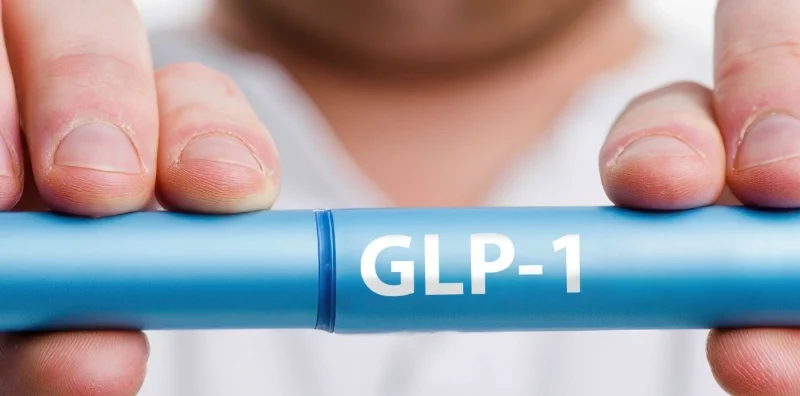There are two types of age: chronological and biological. Chronological age is simple—it’s the date on your birthdate. Biological age is trickier since it depends on how efficiently your metabolism is working. That’s why there has been so much hype around using epigenetic clocks to estimate your biological age. But does the promotion live up to the science?
Your genes don’t change, but how those genes are expressed can. You have about 20,000 genes in your DNA that make proteins. However, only a small fraction of these genes are active at any one time. Which genes are turned on or off is controlled by your metabolism and epigenetics. Your metabolism controls gene expression through transcription factors, switching key genes on or off as the cell’s needs change. Epigenetics is a collection of additional fine-tuning mechanisms that make your DNA responsive to gene transcription factors. Your genes are static, but the combination of metabolism and epigenetics makes them dynamic.
When it comes to living longer, is there a way to measure your true rate of aging? The answer is maybe—and that uncertainty has led to the development of epigenetic clocks. Epigenetic clocks are based on looking at selective DNA sites (CpG linkages) that can be potentially methylated. While there are about 30 million potential CpG sites in your DNA, only about 30,000 are located in what is known as CpG islands that are concentrated in regions near gene promoters. If these sites are methylated, it means that the gene will not be translated into RNA (1). What an epigenetic clock does is to use artificial intelligence to convert this information from selected methylated CpG sites into your biological age. Sounds complicated.
It is, and that is why epigenetic clock research continues, as now we are in the fourth generation of these biomarkers. Nonetheless, there is a booming business for promoting dietary supplements that utilize epigenetic clocks to market the ability of those supplements to reverse aging. Furthermore, unlike clinical studies that require blood samples and carefully separate the white blood cells from all other components in the blood, these commercial kits typically request a mouth swab or a sample of saliva in a test tube. Now, a new study indicates that these epigenetic clocks (under research conditions) can change your biological age by five years depending on the time of day you take the blood test (2). If epigenetic aging results are that variable in a lab, you can imagine what they might be with a commercial kit that you spit into.
Is there a better way to estimate your future longevity? Fortunately, the answer is yes. What you need are markers of wellness. The healthier you are today, the more likely you are to live longer and better in the future. The best marker is your current level of insulin resistance. The presence of insulin resistance means your metabolism (that thing that keeps you alive) isn’t working very well. The higher your current level of insulin resistance, the faster you are aging. For this, you will need a fasting blood test. You have three potential markers you can get from the blood test: (a) HOMA-IR, (b) Triglyceride/HDL cholesterol ratio, or (c) Triglyceride/Glucose index. If your HOMA-IR or Triglyceride/HDL ratio is less than one, or your Triglyceride/Glucose index is below 4.4, then you are likely to live a long time. Of course, the higher these numbers, the worse you are, and you are aging faster than you should.
If you want to live even longer, then make sure that your AA/EPA ratio (a marker of chronic low-level inflammation) is between 1.5 and 3, and that your HbA1c level (a marker of oxidative stress that damages your DNA) is between 4.9 to 5.1%. If you meet all three blood markers, then you are in the Zone, and your health future is exceptionally bright. If not, don’t worry because you can see improvement in each of those markers of wellness within 90 days by rigorously following Metabolic Engineering®. Of course, to stay well and live longer, you have to continue following Metabolic Engineering® for the rest of your life.

References
1. Wu H, Zhao M, Yoshimura A, Chang C, Lu Q. Critical Link Between Epigenetics and transcription factors in the induction of autoimmunity: A comprehensive review. Clin Rev Allergy Immunol. 2016 Jun;50(3):333-44. doi: 10.1007/s12016-016-8534-y.
2. Koncevicius K, Nair A, Sveikauskaite A, Sestokaite A, Kazlauskaite A, Dulskas A, Petronis A. Epigenetic age oscillates during the day. Aging Cell. 2024 Jul;23(7):e14170. doi: 10.1111/acel.14170.




